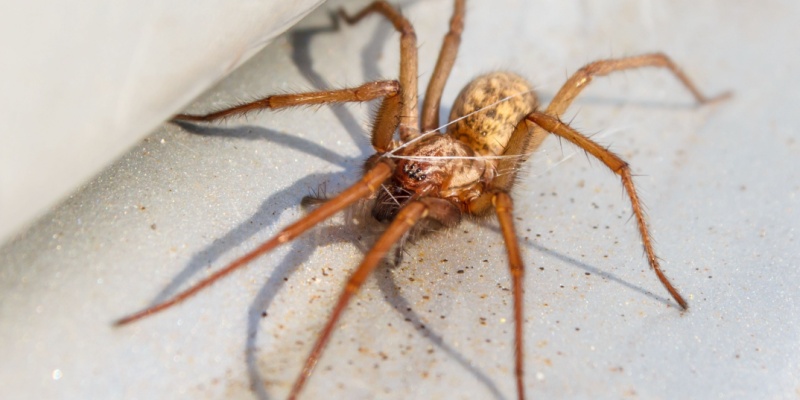Encountering spiders in your home can range from being a minor nuisance to causing genuine concern, especially if you’re dealing with species known for their dangerous bites. Whether you’re spotting the occasional spider or facing a more significant spider problem, understanding how to effectively address and prevent these issues is crucial. Here’s a comprehensive guide on getting rid of spiders and ensuring your home remains a spider-free zone.
Identify the Source
The first step in tackling a spider problem is identifying why and how spiders are entering your home. Spiders typically come indoors in search of food, which means they’re finding plenty of insects in your space to prey on. Addressing the underlying insect problem can significantly reduce spider populations.
Seal Entry Points
Spiders can enter homes through tiny cracks and gaps. Conduct a thorough inspection of your home’s exterior and seal any openings with caulk. Pay special attention to windows, doors, and the foundation. Ensuring screens on windows and doors are intact can also prevent spiders from entering.
Keep Your Home Clean
A clean home is less inviting to spiders and the insects they feed on. Regular vacuuming and dusting can remove spiders, webs, and egg sacs. Reducing clutter eliminates hiding spots for both spiders and their prey.
Modify Outdoor Lighting
Insects are attracted to light, and spiders follow their food sources. Consider changing outdoor lighting to yellow bulbs or sodium vapor lights, which are less attractive to insects, subsequently reducing the spider populations drawn to your home.
Use Natural Repellents
Several natural substances are reputed to repel spiders, including essential oils like peppermint, tea tree, and lavender. Dilute a few drops of these oils in water and spray around doors, windowsills, and other entry points. Vinegar is also a deterrent when mixed with water and sprayed in similar areas.
Employ Sticky Traps
Placing sticky traps in corners, under furniture, and near entry points can catch spiders and provide insight into where they’re most active. While this method won’t eliminate a spider problem entirely, it can help reduce their numbers and identify problem areas.
Consider Professional Pest Control
If your spider problem persists despite taking these measures, or if you’re dealing with a venomous species, it may be time to call in professional pest control. Experts can offer targeted treatment plans, identify and seal entry points more effectively, and provide advice for long-term prevention.
Preventative Measures
Preventing spider infestations involves ongoing diligence:
- Maintain a clean and clutter-free home.
- Regularly inspect and seal potential entry points.
- Manage outdoor lighting to reduce insect attraction.
- Consider landscaping choices that deter spiders and insects, like avoiding mulch directly against your home’s foundation.
Dealing with a spider problem can be unsettling, but by taking proactive steps to address the issue and implementing preventative measures, you can significantly reduce and even eliminate spider infestations in your home. Remember, the goal is to make your home less attractive to spiders by cutting off their food supply and access points. If spiders continue to be a problem, don’t hesitate to consult with a pest control professional for a more comprehensive solution.




